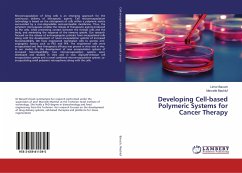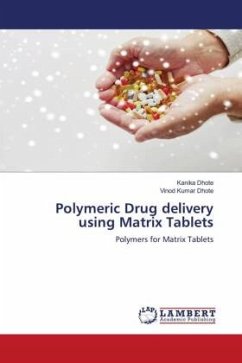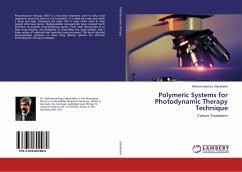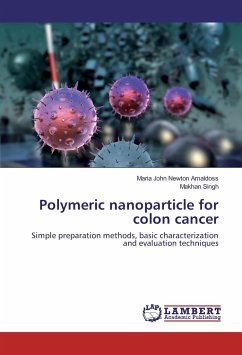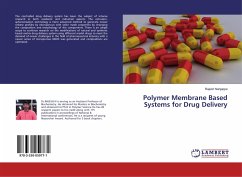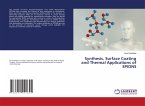Microencapsulation of living cells is an emerging approach for the continuous delivery of therapeutic agents. Cell microencapsulation technology is based on the entrapment of cells within a polymeric matrix surrounded by a non-degradable semi-permeable membrane. Thus, the polymeric microcapsule enables the release of therapeutic agents produced by the cells, while preventing contact between the foreign cells and the body, and minimizing the response of the immune system. Our research focused on the release of anti-angiogenic proteins from encapsulated cells along with the development of novel encapsulation systems of increased biocompatibility. We have engineered mammalian cells to secrete anti-angiogenic factors such as PEX and PF4. The engineered cells were encapsulated and their therapeutic efficacy was proven in vitro and in vivo. In our studies for the development of new encapsulation systems of increased biocompatibility, two microencapsulation systems were developed and studied in vitro and in vivo: Alginate-chitosan cell encapsulation system and a novel combined microencapsulation system, co-encapsulating small polymeric microspheres along with the cells.
Bitte wählen Sie Ihr Anliegen aus.
Rechnungen
Retourenschein anfordern
Bestellstatus
Storno

